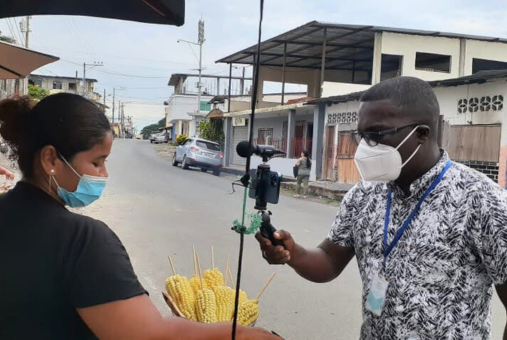
A new report finds many journalists in Ecuador earn below minimum wage. To get by, they juggle side jobs, launch their own media outlets or altogether leave the profession.
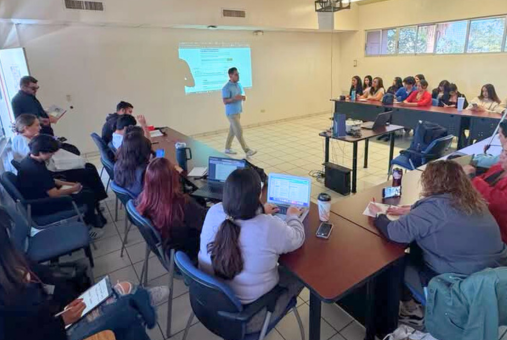
More and more journalism programs in Latin America are incorporating instruction on entrepreneurship. However, challenges such as institutional bureaucracy and keeping professors up to date with skills persist.
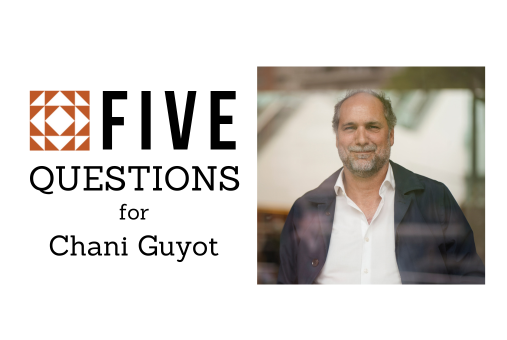
In LJR’s “Five Questions,” the veteran Argentine editor and media entrepreneur encourages colleagues to continue believing in “healthy” journalism that centers audience needs and the human stories that are transforming the world.
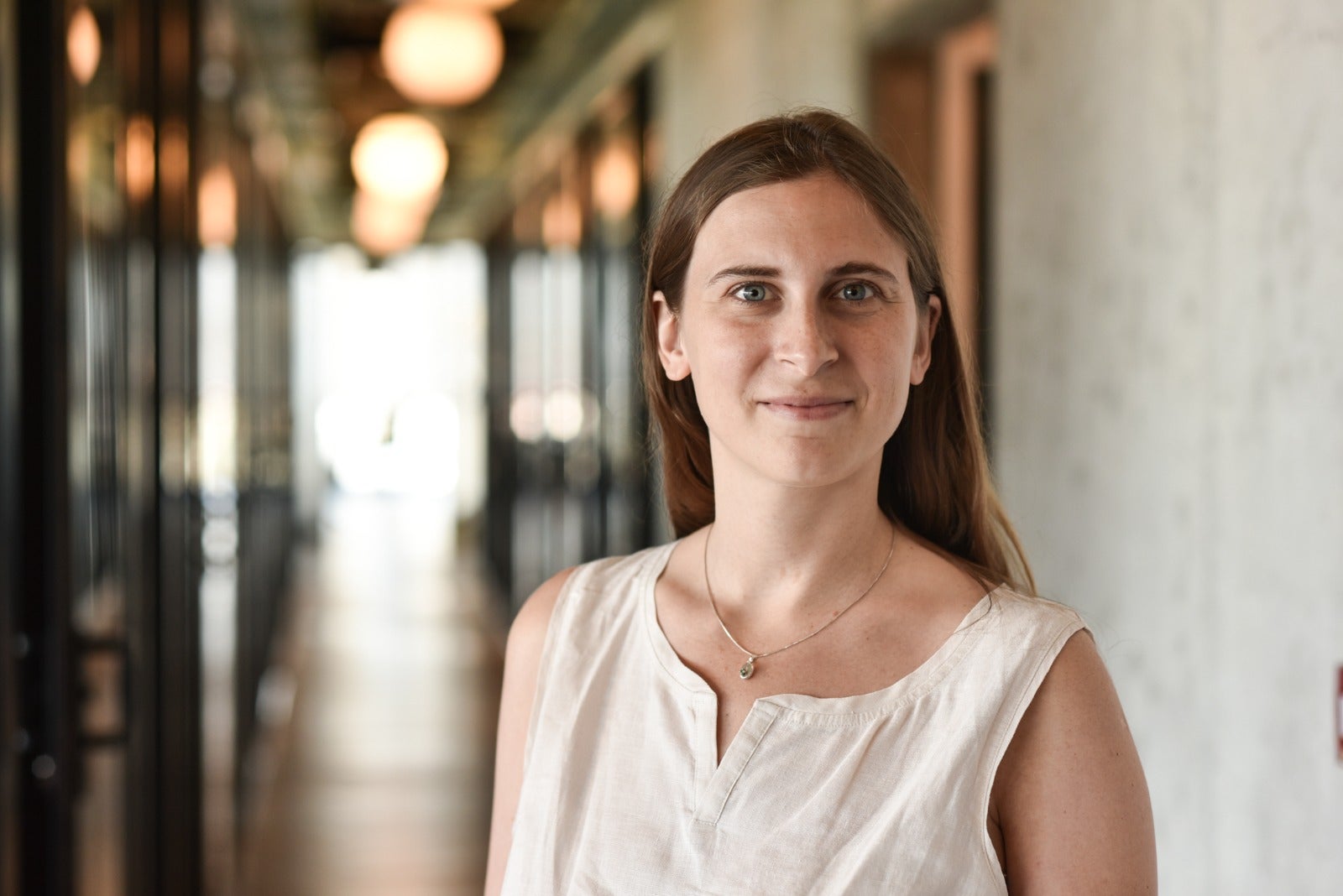
News outlet Otra Economía emerged in Argentina to shift perspectives on the current economic model, fostering dialogue on concepts such as triple impact, circular economy, entrepreneurship, and social innovation. It also offers a workshop for journalists to address social injustice and workplace discrimination.
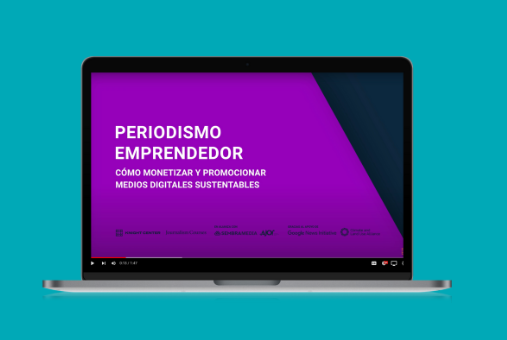
Nearly 5,500 students from 59 countries seized the opportunity to learn how to start and sustain their own journalism ventures in a free online course from the Knight Center for Journalism in the Americas, Ajor and SembraMedia.
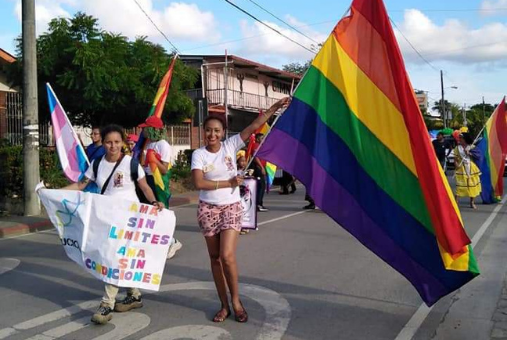
“Living leaves a mark” is the motto of the new digital magazine Impronta (Imprint), founded and directed by LGBT journalists from Central America and launched on March 7.
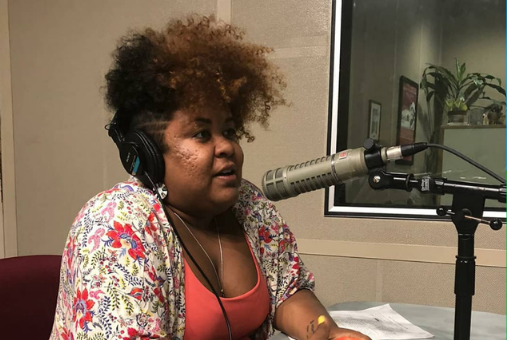
To counteract the lack of diversity inside the press, many Black media outlets and collectives have emerged in recent years in the country, to give visibility to the anti-racist struggle and to do journalism with a racial perspective.
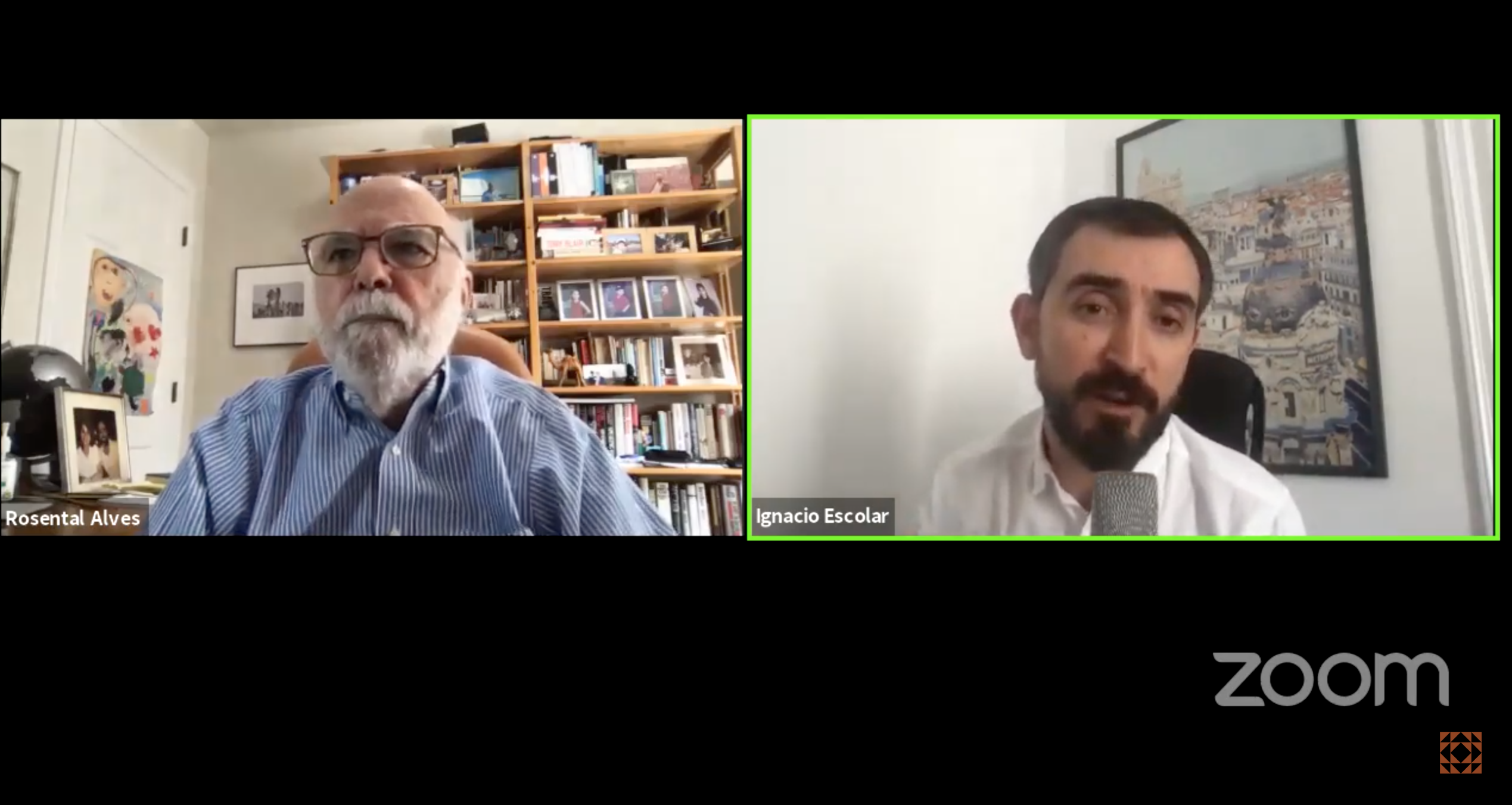
Ignacio Escolar, director and founder of elDiario.es, opened the 13th Ibero-American Colloquium on Digital Journalism with a conversation with Rosental Alves, director and founder of the Knight Center.

Journalism is a collective job, but Brazilian journalists have subverted this rule by launching one-man outlets, developed by the need to publish in-depth stories and analysis of public policies and other subjects that do not find space in traditional outlets.

It is the potential development of this expertise that attracted the venture capitalists, aiming to open new markets and replicate the model in other countries.

Instruction on entrepreneurial journalism is present in just 2.8 percent of universities and journalism schools in Latin America, while that same figure is 20 percent in Spain.
After conducting a month-long census of freelance journalists working in Spanish in Latin America, researchers found that most are optimistic about the future of journalism.